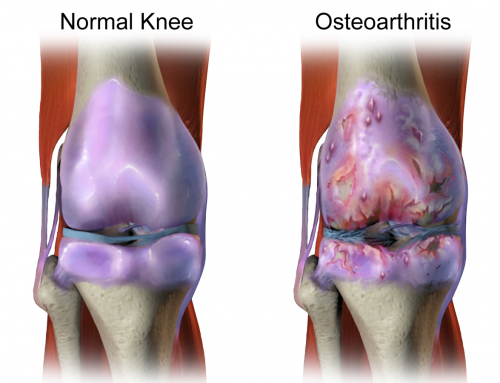Your stomach produces acid for a reason. It breaks down your food and begins your body’s process of absorbing nutrition from your food. Antacids are, literally, “anti-acids.” They neutralize your stomach acid so it can’t perform this function. Anyone think this might create problems for the body?
Taking antacids can pose serious health risks including increased osteoporosis, dementia, and severe vitamin/mineral deficiencies (such as B12, folic acid, calcium, and magnesium). Even having low stomach acid alone has been associated with depression, diabetes, autoimmune diseases, stomach cancer, anemia, psoriasis, rosacea and much more.
There are many misunderstandings about stomach acid and most patients, including some doctors, incorrectly believe heartburn is due to excess stomach acid. In fact, it is caused by too little stomach acid! A reduction in stomach acid production seems to happen more often as we age. The worst thing you could do would be to take a chemical that will slow your body’s digestion and absorption of nutrients! Not only critical for nutrition, stomach acid is also an important line of defense against parasites, bacteria and viruses in our food.
What happens to the food in your stomach in the absence of sufficient acid to get the process moving? It sits there. It stays in your stomach longer than it should and then it bubbles back up. The solution is not to take an antacid and decrease your stomach acid further! Instead, you want to help your body make more stomach acid and increase your food’s transit time through your digestive tract. In addition, when stomach acid is low, the esophageal sphincter (which keeps the food from returning up the esophagus) does not close tightly enough and can allow stomach contents to splash up the esophagus causing GERD and spasm. Increasing stomach acid helps to tighten this sphincter.
I help my patients stop acid reflux by testing them for food allergies and providing good quality digestive enzymes. Let us know if you are suffering with GERD or acid reflux or heartburn! We can help!
References:
1. Timiras PS. Aging of the gastrointestinal tract and liver. In: Timiras PS, ed. Physiological basis of aging and geriatrics. 2nd ed. Boca Raton: CRC Pr
2. Wright JV. Treatment of childhood asthma with parenteral vitamin B12, gastric re-acidification, and attention to food allergy, magnesium and pyridoxine. Three case reports with background and an integrated hypothesis. J Nutr Med 1990;1:277-282.
3. Howden, CW and Hunt, RH. Progress Report: Relationship between gastric secretion and infection. Gut 1987;28:96-107
4. JAMA. 2006 Dec 27;296(24):2947-53
5. Boustani M, Hall KS, Lane KA, Aljadhey H, Gao S, Unverzagt F, Murray MD, Ogunniyi A, Hendrie H. The association between cognition and histamine-2 receptor antagonists in african americans. J Am Geriatr Soc. 2007 Aug;55(8):1248-53.
6. Kelly, GS. Hydrochloric Acid: Physiological Functions and Clinical Implications. Alt Med Rev 1997; 2:2;116-127
7. http://health.nytimes.com/health/guides/disease/gastroesophageal-reflux-disease/medications.html





Leave A Comment